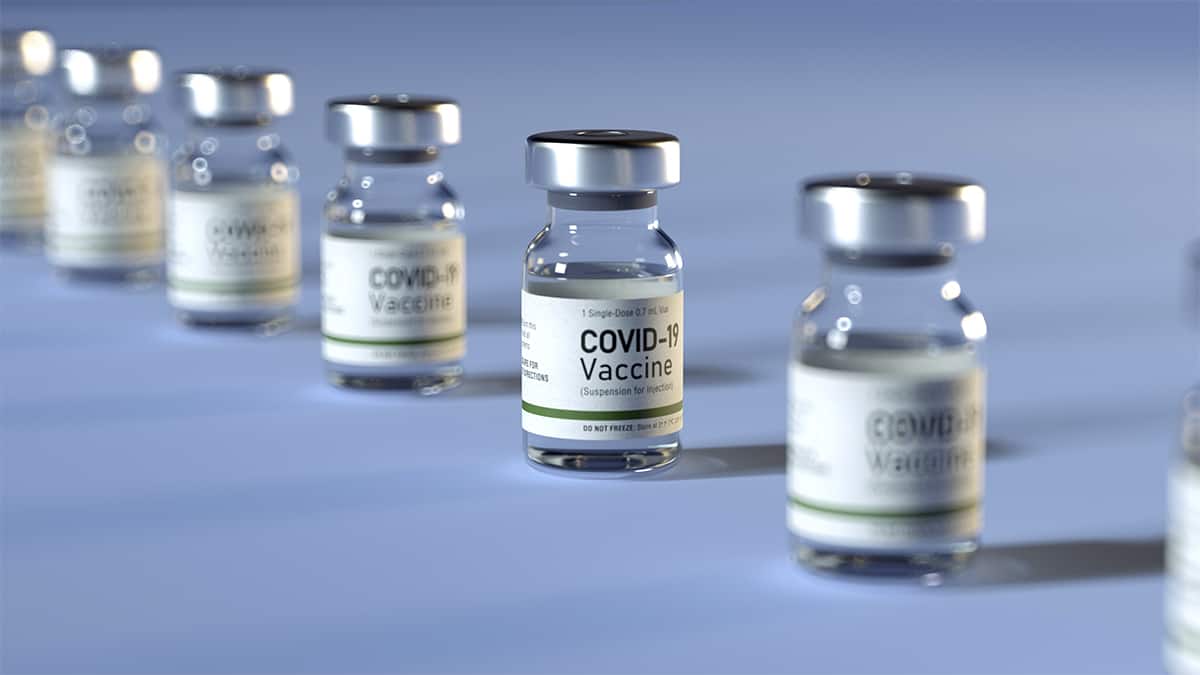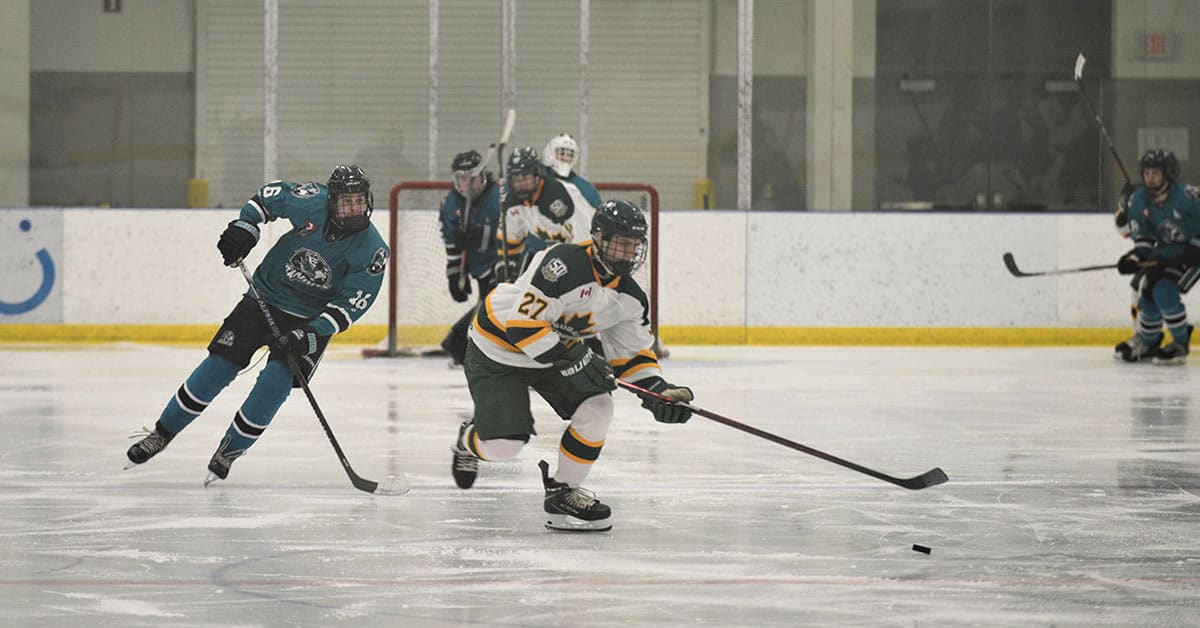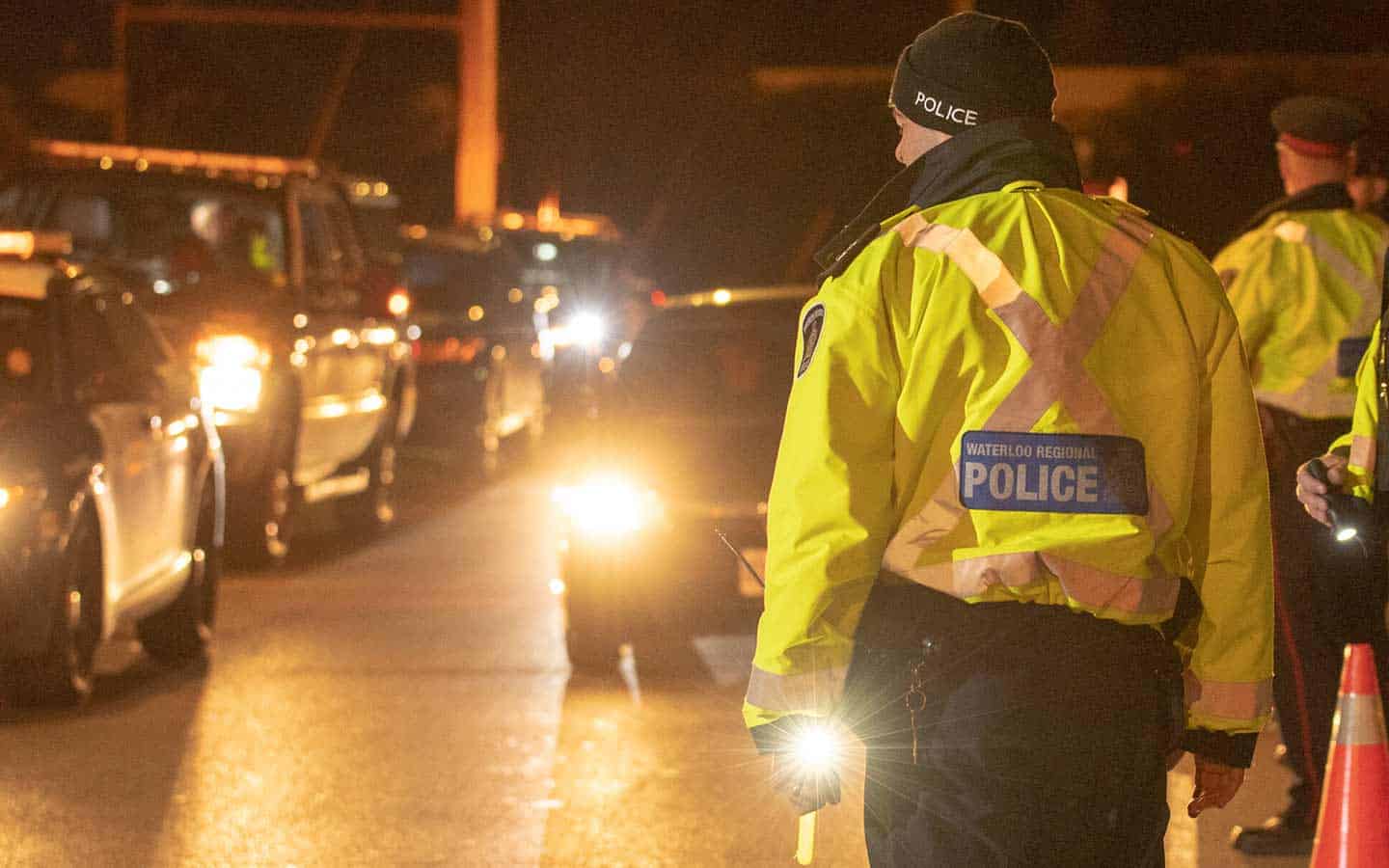Still awaiting details of the new Omicron variant of the COVID-19 virus, local public health officials see stable numbers in the region, attributing that to high vaccination rates and adherence to protocols.
The Delta variant is the main concern just now. At midweek, there were 231 active cases of COVID-19 in the region, down from 250 a week earlier.
“I’m really grateful in a sense that it hasn’t accelerated as rapidly as it could have, in the sense that Delta is highly transmissible without measures it quickly goes from six to 36 to 1,000 in a short period of time because it is very, very transmissible. What we have seen to date is actually a slow rise and that’s because we do have many people in our region who are immunized and continuing to practice public health measures. All of these things are helping to prevent an escalation like we’ve seen in the past,” said medical officer of health Dr. Hsiu-Li Wang at the weekly pandemic briefing November 25. “It’s important to try to slow the spread – going upwards is not the right direction.”
With wintry weather forcing more people indoors and Christmas approaching, there are concerns about the potential for increases.
“We have noticed people are taking less precautions. People are fatigued, the holiday season is coming up, they really want to get together again, everyone wants this to be over. We are seeing in our case in contact management people are just not practicing precautions anymore, including the vaccinated. We cannot let up on those public health precautions just because the holiday season is coming up,” she said.
Hanging over everything is the Omicron variant, the properties of which will take a couple of weeks to determine.
Thus far, four cases of Omicron, the new variant deemed to have originated in South Africa, have been reported in Canada, with more to be expected as the country traces more than a thousand high-risk contacts.
The variant has spread quickly, with more and more countries coming forward with positive cases. In response, Canada has started to implement strict border measures for any travellers returning from southern Africa or any of the 10 countries that have reported cases so far – not wanting to delay a response, measures went into effect at the beginning of the week at all border control agencies and airports.
In the region, the current focus is on vaccinating children between the ages of 5 and 11, an effort that got underway last Friday.
Since then, 13.5 per cent of eligible kids have already have their first dose in the region. Overall, 82.5 per cent of residents over the age of 5 have received at least one dose of vaccine, with 79.2 fully inoculated. The goal is at least 90 per cent.
“For many families I know this is a sense of relief, as kids now can get a vaccine to protect against the virus and the Delta variant and their welcoming this opportunity in many settings across the region,” said regional Chair Karen Redman at the briefing. “Vaccines are an important tool to help stop the spread of COVID-19 and now allows families with young children to feel safer resuming normal activities.”
“This could not have come at a better time, because children 5 to 11 are now becoming one of the highest populations with the greatest incidence of confirmed COVID-19 infections even though their rates of hospitalization has remained fairly low overall,” said local pediatrician Dr. Matthew Purser during the pandemic briefing. “Some children regardless of their health status can still develop pretty serious complications of infection from COVID-19.”
To help speed the process, the region will be rolling out school clinics in addition to the regular clinics offering first and second doses.
“School clinics will be open to anyone 5 plus so children can bring their caregivers along if they are still outstanding a first or second dose,” said Vickie Murray, director of pharmacy for Grand River and St. Mary’s hospitals, noting that anyone still needing a first or second dose can do so by booking an appointment at one of the regional clinics online.
“At this time, we will be moving to an appointment-only system. While the focus is on vaccinating children right now, we do encourage anybody 12 up who has not had a first or second dose to come to our clinics,” said Murray,
“While we have done a lot of work to make our clinics family friendly, they may not be the right option for everyone. Pharmacies may be quieter; school settings more familiar and family physicians already know your children. Parents know their child best, pick the vaccination option that is the best fit for your child.”
A school vaccine clinic will be held at Linwood Public School on December 23 from 9:15 a.m. to 3:15 p.m. with the intention of immunizing children in Wellesley ages 5 to 11.









